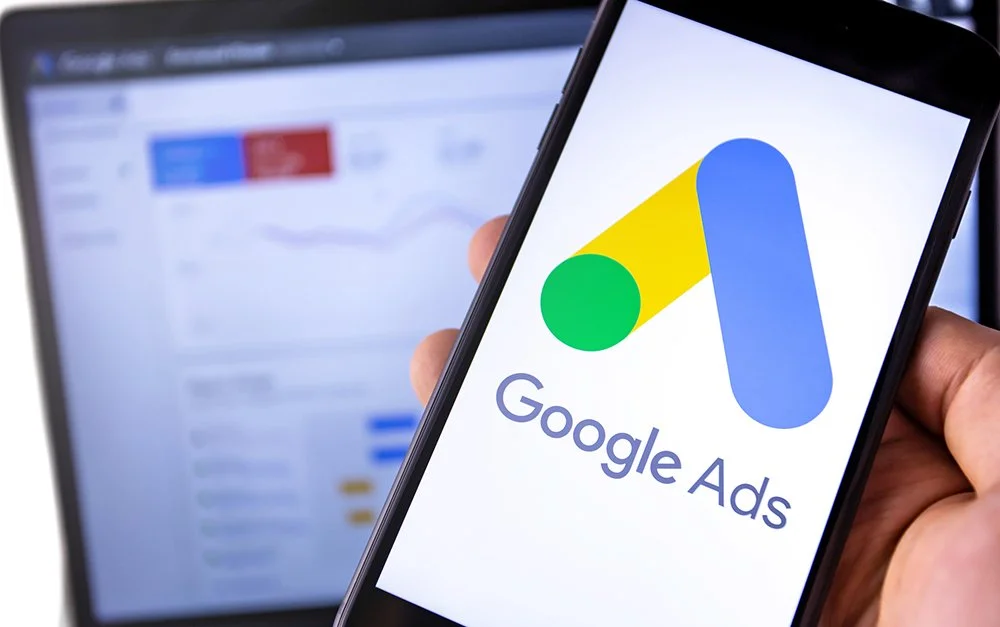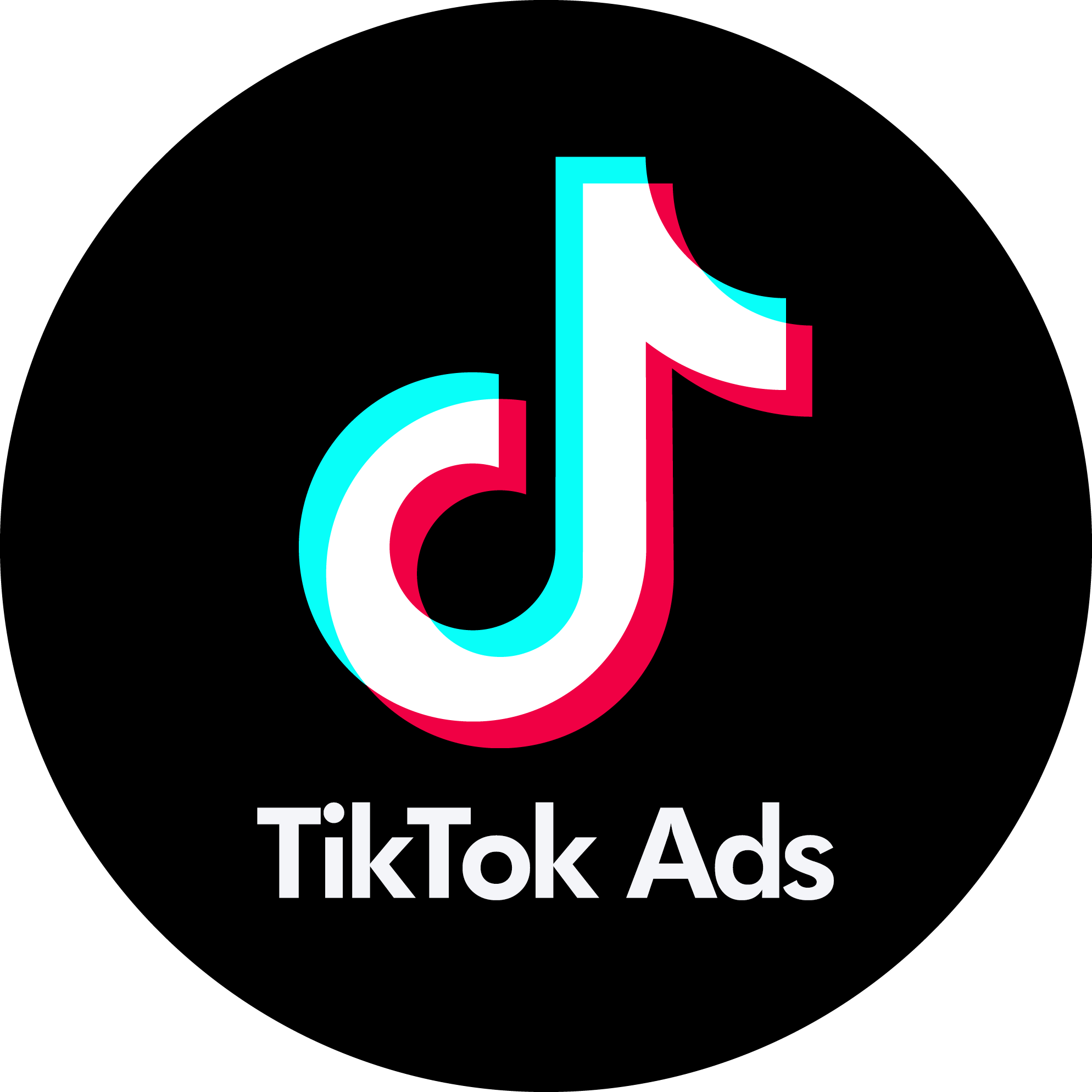Google Ads for hospitality: maximising bookings with paid search
As the hospitality industry grapples with the challenges and opportunities that come with filling tables, rooms, and event spaces, Google Ads stands out as a powerful tool for our digital-first world.
Amidst fierce sector competition and a fragmented technological landscape, we’ve been using Google Ads to drive targeted traffic, boost bookings, and optimise advertising spend for our hospitality clients.
But how exactly can hospitality brands harness the full potential of Google Ads to achieve these goals? This blog gives you an overview of out best practice to setting up and managing Google Ads for your hospitality brand.
Or email info@trapezemedia.co.uk.
Google Ads in Hospitality: A Strategic Overview
Google Ads offers hospitality brands a direct line to potential customers at the very moment they're searching for their next dining, staying, or event experience.
With precise targeting based on search queries, geographic location, and user behaviour, Google Ads can place your offering front and centre on search engine results pages (SERPs).
A well-structured Google Ads campaign begins with thorough keyword research, to identify the terms and phrases potential customers are using to find products or services like yours.
By bidding on these keywords, your ads can appear above organic search results, instantly increasing visibility.
Then, it’s up to compelling ad copy and conversion-optimised landing pages to turn impressions into bookings.
Selecting the right ad extensions is also key. These are additional pieces of information which can be ‘bolted on’ to an ad, like a URL or phone number through which potential customers can make reservations.
All these aspects of a Google Ads campaign must be, above all, relevant. They should align with a person’s search intent. If you’re promoting a restaurant in Covent Garden, for instance, your ads should be shown to people in or near to Covent Garden.
One of the biggest benefits of running search campaigns is that the ads and copy can be more malleable and updated much faster than an organic listing. Super helpful if and when a hospitality brand is looking to promote a specific seasonal event or limited-time promotion.
How to create effective Google Ads campaigns
Choosing the right keywords is essential for every Google Ads campaign. These should align with the specific queries your potential customers are typing into Google.
Use tools like Google Keyword Planner to research and select keywords that have high search volumes but moderate competition, focusing on those most relevant to your services, such as “luxury hotel rooms,” “best event spaces,” or “top city restaurants.”
Beyond targeting searches based on keywords and intent, you can build awareness and brand exposure through YouTube videos and-in feed ads, Gmail ads, and other placements across the Google Display Network.
Ad Extensions for enhanced visibility
Ad extensions are a powerful way to enrich your ads with additional information, making them more appealing and informative.
Location extensions, call extensions, and sitelink extensions allow users to see your venue’s location, call you directly, or navigate to specific pages of your website, such as the menu or booking form, right from the ad.
Optimised landing pages
Directing potential customers to a landing page that’s optimised for the ad and its associated search query ensures a cohesive experience.
These pages should be conversion-focused, featuring clear, compelling calls to action (CTAs) like ‘Book Now’ or ‘Reserve Your Table’, alongside engaging visuals and persuasive copy that highlights what makes your offering unique.
Conversion tracking and analytics
Understanding what happens after a user clicks on your ad is essential. Google Ads’ conversion tracking tools allow you to see whether those clicks lead to bookings, providing insights that can help you refine your campaigns for better performance.
Tools we use for our paid ad campaigns
Our work with hospitality group Various Eateries is a testament to the transformative power of well-executed Google Ads campaigns in the restaurant sector.
Faced with the challenge of increasing bookings while reducing the cost per acquisition, we embarked on a strategic overhaul of their paid media efforts, with a particular focus on Google Ads.
We began by conducting a comprehensive audit of existing campaigns, identifying opportunities to refine targeting and optimise ad spend.
By honing in on high-intent keywords and using dynamic ad copy tailored to specific customer segments, we significantly improved ad relevance and engagement.
Leveraging Google Ads’ advanced tracking capabilities, we closely monitored user interactions, from their initial clicks all the way through to booking confirmation.
Various Eateries brands include:
Blue bars = venue visits. Green line = ad spend.
This granular level of insight enabled us to continuously refine our approach, allocating budget to the highest-performing campaigns and further reducing costs.
The result was a substantial decrease in cost-per-booking, as well as a notable increase in the total number of bookings.
Through strategic adjustments and ongoing optimisation, we helped Various Eateries achieve their objectives, demonstrating the efficacy of targeted Google Ads campaigns in driving business growth.
Or email info@trapezemedia.co.uk.
Best practices for Google Ads in hospitality
Drawing from our experience, and success stories like that of Various Eateries, here are some best practices for leveraging Google Ads in the hospitality industry:
Continuously optimise for performance: The digital landscape is ever-evolving, and your Google Ads campaigns should be too. Regularly review performance data, and test different keywords, ad formats, and bidding strategies to find the most effective combinations.
Don’t forget mobile users: An increasing number of bookings are made via mobile devices, so ensure your ads and landing pages are optimised for all screen sizes and connections. Fast loading times, easy navigation, and clear calls to action are vital.
Leverage local search trends: For hospitality brands, local search can drive significant traffic and bookings. Utilise local keywords and geo-targeting options to capture demand from users searching for experiences in your area.
Utilise remarketing to re-engage visitors: Not every click results in a booking on the first visit. Implement ‘remarketing’ campaigns to re-engage users who have shown interest but haven't yet converted, reminding them of what they're missing out on.
Google Ads is an indispensable tool for hospitality brands looking to increase bookings and drive growth. By strategically managing paid media campaigns, brands can not only reach their target audience more effectively but also achieve a higher return on investment. The success story of Various Eateries underscores the potential of Google Ads to transform business outcomes, highlighting the importance of strategic planning, continuous optimisation, and data-driven decision-making.
Ready to see how Google Ads can revolutionise your bookings?
Scheduled a call with one of our team here, and let's explore how our tailored paid media management strategies can help your hospitality brand thrive.









